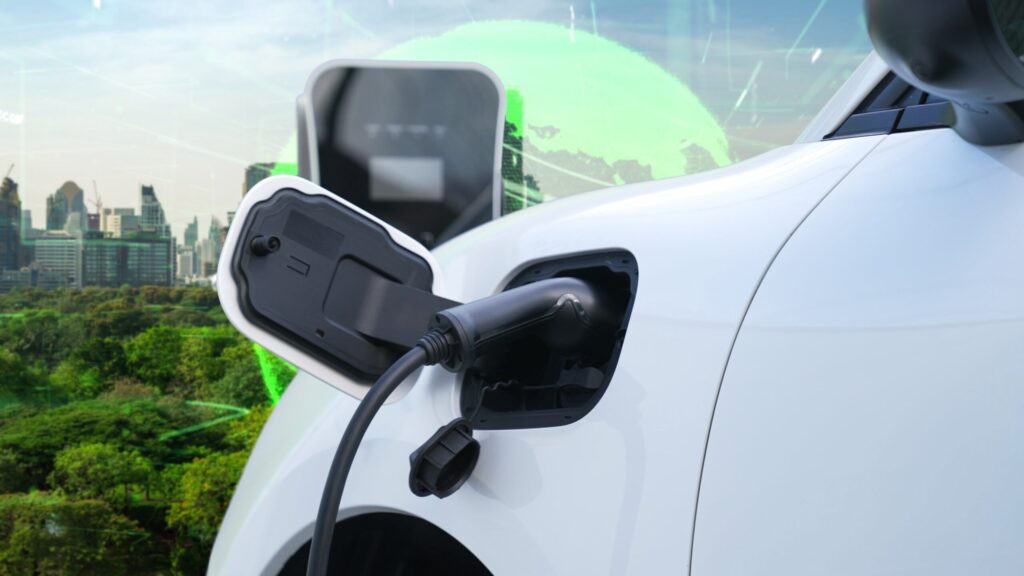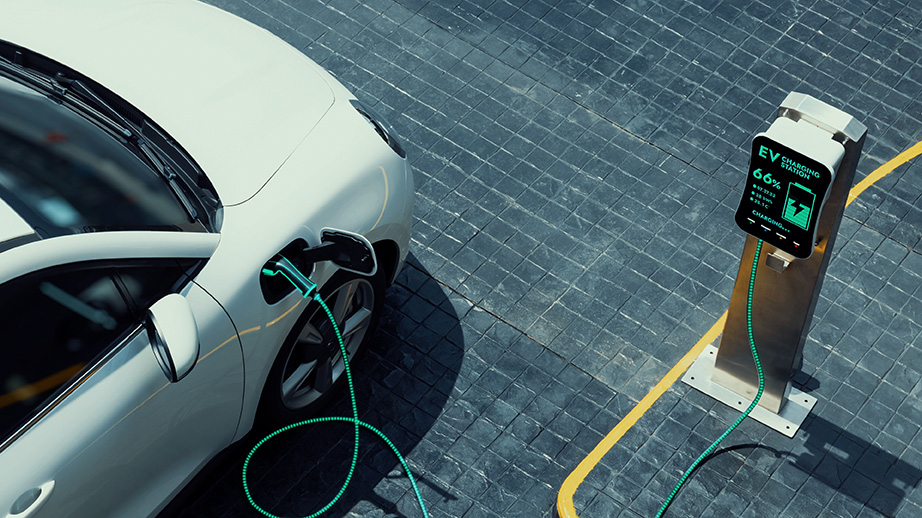A Labour government in 2024 could significantly impact the fleet industry through various policy changes and initiatives aimed at accelerating the transition to electric vehicles (EVs), enhancing infrastructure, and driving decarbonisation efforts. Here’s a detailed breakdown of the anticipated impacts:
Reinstating the 2030 Ban on New Petrol and Diesel Cars
Policy Reversal: Labour has committed to reinstating the 2030 ban on the sale of new petrol and diesel cars and vans, which the current government delayed to 2035. This policy is crucial for achieving net-zero emissions and aligns with the investments businesses have already made in preparation for the original 2030 deadline (Fleet News Article).
Impact on Fleets: Fleet operators will need to accelerate their transition plans to electric vehicles, as the reinstated ban would require significant adjustments in vehicle procurement strategies. Companies must now plan to replace their internal combustion engine (ICE) vehicles with electric models by 2030, potentially increasing capital expenditures in the short term but offering long-term savings on fuel and maintenance (Fleet News Article). (GOV.UK).
Investment in EV Infrastructure
Infrastructure Development: Labour’s environmental policies are expected to include substantial investments in EV infrastructure. This includes expanding the network of charging points across the country to support the increased adoption of EVs (GOV.UK).
Support for Fleets: Enhanced charging infrastructure is critical for fleet operators, especially those managing large fleets with extensive travel requirements. Improved access to charging facilities will help mitigate range anxiety and operational disruptions, ensuring smoother transitions to electric fleets (Logistics.org.uk) (GOV.UK).
Focus on Decarbonisation
Decarbonisation Policies: Labour is likely to implement policies that push for rapid decarbonisation across the transport sector. This includes setting stricter emissions targets and providing incentives for adopting cleaner technologies(Logistics.org.uk).
Logistics Sector: The logistics industry, a significant part of the fleet sector, would see increased support for decarbonisation efforts. Labour’s policies might include grants or tax incentives for companies that invest in low-emission or zero-emission vehicles, thereby reducing the overall carbon footprint of their operations (Logistics.org.uk).
Financial Implications and Incentives
Incentives for Transition: To support the transition to electric and hybrid fleets, Labour may offer financial incentives such as grants, subsidies, or tax breaks. These incentives could help offset the initial costs associated with purchasing new EVs and installing the necessary infrastructure (Fleet News Article).
Operational Cost Savings: While the upfront costs for transitioning to EVs can be high, the long-term operational savings are significant. Electric vehicles typically have lower fuel costs, reduced maintenance expenses, and potential savings from government incentives, making them economically beneficial in the long run (Fleet News Article) (GOV.UK).
Challenges and Opportunities
So how does the industry, already under so much pressure with supply shortages, begin to prepare for the unknown?
Some considerations …
Supply Chain Adjustments: The fleet industry will need to adjust supply chains to accommodate the increased demand for EVs and related components. But, how do we establish new relationships with EV manufacturers and suppliers and ensure a steady supply of necessary parts and services?
Skills Gap: As the industry shifts towards electric vehicles, there will be a growing need for workforce training and development. Mechanics, technicians, and fleet managers will need to be educated on the specifics of EV maintenance and operation, potentially through new training programs and certifications (Logistics.org.uk) (Fleet News Article). However, who will train them? Will the gap be filled in time?
A Labour government in 2024 could drive significant changes in the fleet industry, focusing on accelerating the transition to electric vehicles and promising to enhance infrastructure.
In conclusion … Fleet operators will need to be on their toes! We are here to support.



